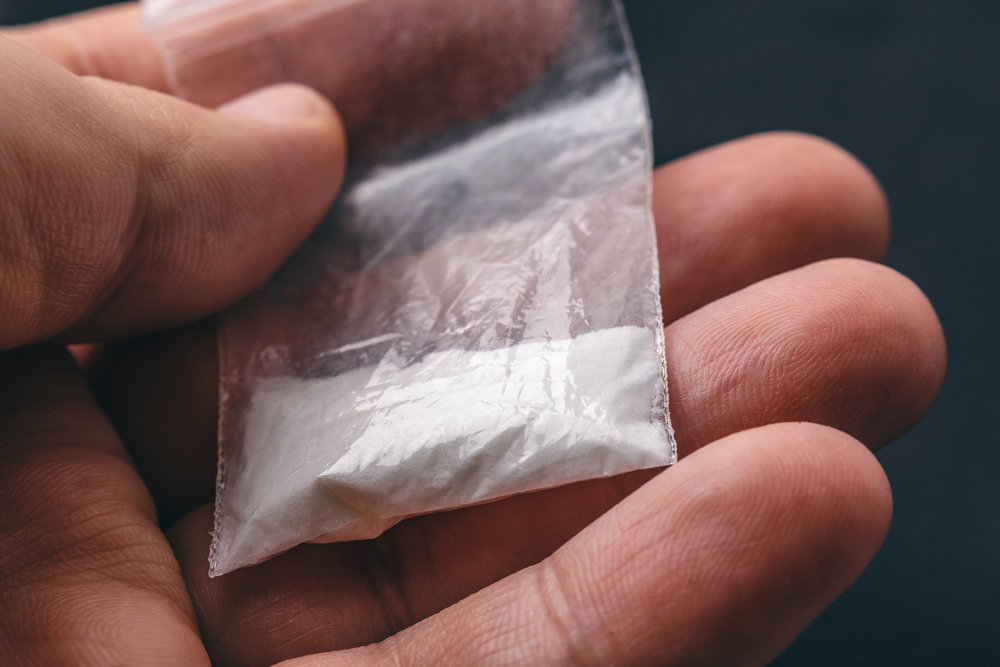
New technology acquired by U.S. Customs and Border Protection (CBP) Office of Field Operations (OFO) at the Detroit Metropolitan Airport, as well as draft legislation introduced by Senate health committee Chairman Lamar Alexander (R-TN), could help CBP prevent opioids from entering the United States.
The new technology, handheld elemental isotype analysis tool called the Gemini, can identify more than 14,000 chemical substances. Officers received training on how to use the devices to samples and test for hazardous chemicals and drugs entering the United States via express consignment shipments and other means of transportation.
“Our officers now have the ability to safely sample unknown substances in real time, and get instant results. This, in turn, saves time while protecting our officers and the general public from potentially hazardous materials,” CBP Port Director Devin Chamberlain said. “We are dedicated to combatting the threat that fentanyl and other dangerous drugs pose to our nation.”
Alexander’s draft legislation, on the other hand, aims to encourage coordination between the Food and Drug Administration (FDA) and CBP to improve the ability to find and seize illegal drugs at the border.
The legislation would ensure that FDA and CBP detection and testing technology used at the border is interoperable and allows for near-real-time data sharing. It would also make available additional trained canine units at import facilities.
Additionally, the legislation would upgrade FDA facilities and provide equipment, laboratory capacity and physical infrastructure improvements to improve the capacity to detect illegal opioids at import sites. It would also require a progress report within six months on the implementation of the new authorities.
The bill would also grant FDA additional authorities and encourage manufacturers to provide safe disposal of unused opioids.
“The Senate health committee has held six bipartisan hearings so far this Congress on nearly every aspect of the opioids crisis, to inform legislation to better help states and communities on the front lines,” Alexander said. “I want to ensure that the Food and Drug Administration has every tool it needs to fight the opioid crisis, and the draft legislation released today will take the next step towards making that possible.”
According to the Centers for Disease Control and Prevention (CDC), drug overdose deaths and opioid-involved deaths are increasing in the United States. The majority of drug overdose deaths involve an opioid. In 2016, the number of overdose deaths involving opioids was five times higher than it was in 1999. On average, 115 Americans die every day from an opioid overdose, according to the CDC.

